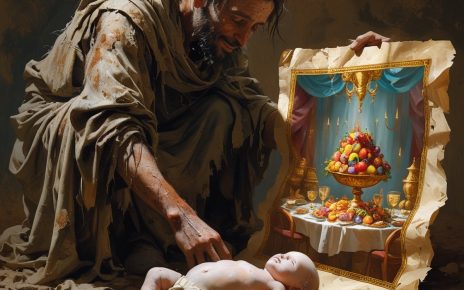Throughout the twentieth-century the American right slowly lost all influence inside academia. How and why this happened is a discussion for another post (Allan Bloom’s “The Closing of the American Mind” is a good place to start) but what is certain is that today the elite academic institutions in the United States are completely controlled by various ideologues of the left, whether feminist, Keynesians, marxist, post-modern, or a host of other denominations. Professors with conservative or libertarian ideas are almost non-existent. But why should it matter? After all aren’t most professors monkish individuals locked away inside their ivory towers endlessly pontificating about intellectual matters of little practical importance? Why does it matter if their ideas are pernicious, who listens to them anyways?
The truth is that universities don’t just produce graduates, they also produce ideas. Those ideas then trickle down to influence all aspects of our lives. “Obamacare”, the current wars overseas, global warming, the Federal reserve’s policies, the bank and corporate bailouts, and many more are all policies founded initially inside universities. Nearly all our politicians go to the same schools (Yale, Harvard, Stanford etc.) and are indoctrinated with the same beliefs regarding religion, the economy, the environment, education, and foreign policy.
Despite widespread agreement on just about everything, there are dissenters. One of the more famous of the last fifty years is literary critic Harold Bloom. Although not a conservative politically, Bloom is now seen by his peers as a cultural reactionary. His landmark book “The Western Canon: The Books and School of the Ages” is an attempt to list the great works of the western tradition and provide a justification for their inherent value–and hence for the need to continue teaching them. The canon itself is an immensely useful list for anyone in the opposition who wishes to educate himself in the western tradition. Those books are valuable because they are the most serious attempts at making sense of the human condition. For us living on the edge of history, to read and understand the likes of Homer, Plato, Dante, or Shakespeare is to come into contact with the fullest expressions of humanity. In an age of information, where texts are available everywhere, anytime, and often at no cost, the canon stands as a pyramid amidst a wasteland. It points the way to something greater and nobler, to words and ideas that have stood the test of time. The contemporary left has done so much to discredit the canon, either by misinterpreting the author’s intentions or sometimes discrediting certain works entirely, that to be familiar with the great books is one of the best ways to prepare intellectually against the nihilistic and relativistic cultural climate of our day. To read the canon is literally empowering.
